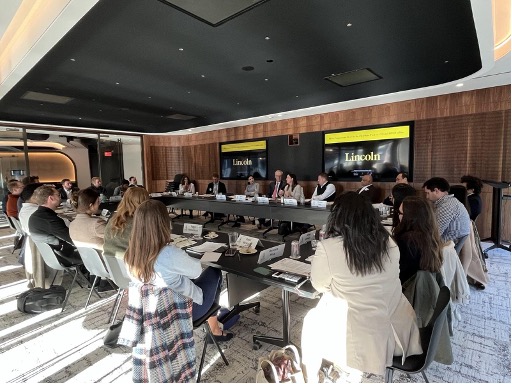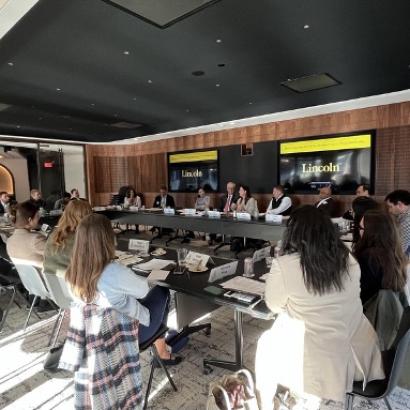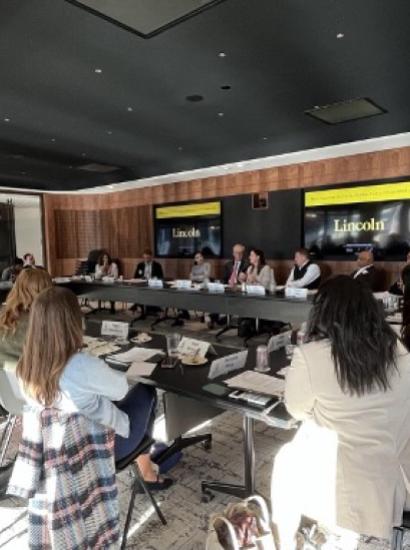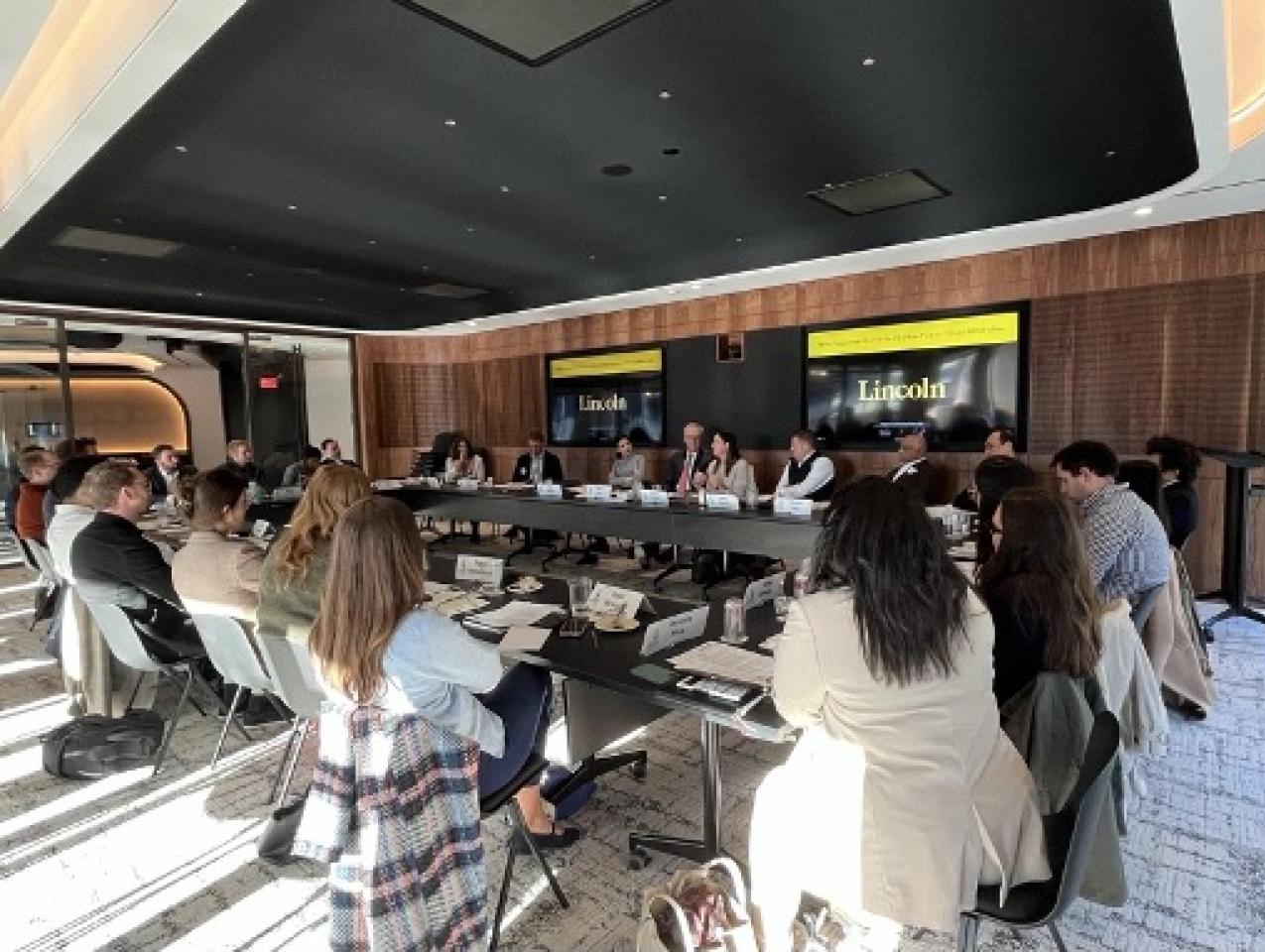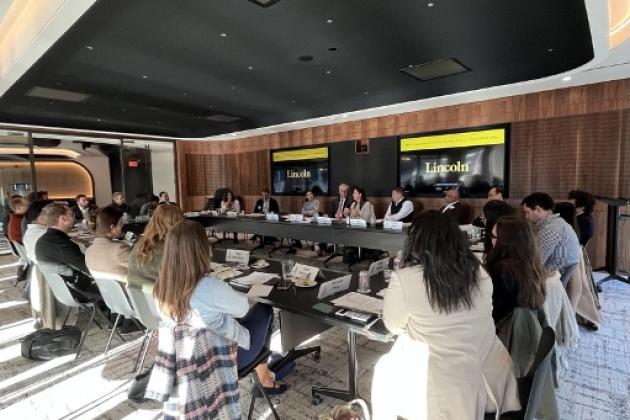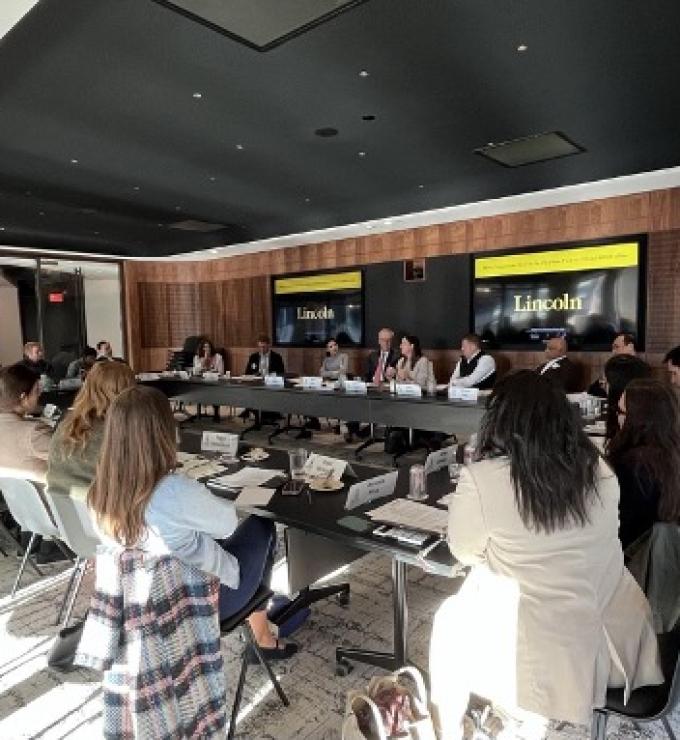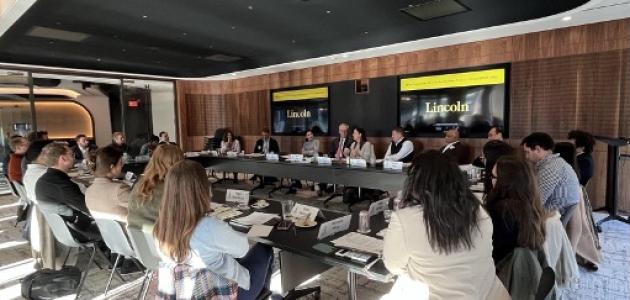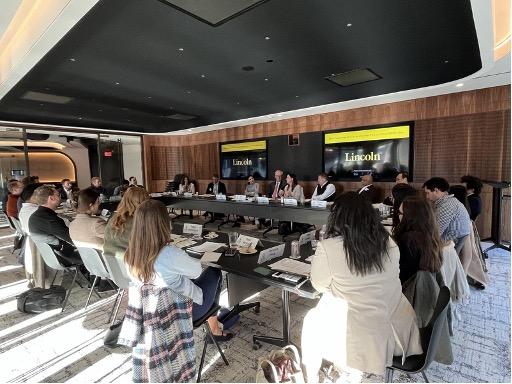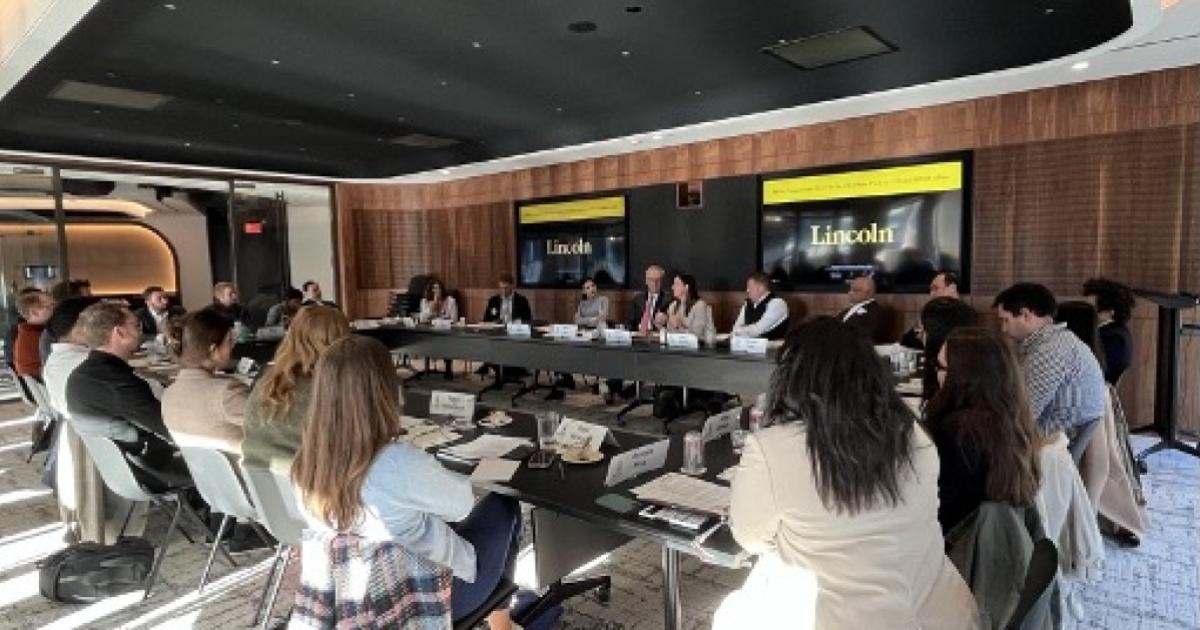Hoover Institution (Stanford, CA) — Hoover Institution Science and Senior fellow Drew Endy traveled to Washington, DC this month to brief policymakers on Biosecurity Really, a new report from the Bio-Strategies & Leadership (BSL) program. Biosecurity Really provides a frank assessment of rising biosecurity risks and a holistic strategy for making biosecurity real going forward.
Over two days of engagement, Endy and members of the BSL team met with members of Congress, congressional staff, and senior administration officials across government for wide-ranging discussions of biotechnology and biosecurity issues. Conversations focused on the report’s findings and its nine planks of policy recommendations. Across a dozen meetings, Endy also shared research on opportunities to strengthen America’s leadership in biology and biotechnology, including through expanded investment in foundational research.
As part of the visit, BSL hosted a “mini biosecurity boot camp,” attended by a bipartisan cohort of 20 mid- to senior-level congressional staffers from both chambers, key committees, and commissions. The Congressional Leadership Accelerator for Biosecurity event featured nearly a dozen expert speakers from government, industry, and academia. The half-day program combined lightning talks with panel discussions designed to build practical fluency in core biosecurity concepts, including the role of biological intelligence (aka BIOINT) and approaches to “using biology to secure biology,” as detailed in the Biosecurity Really report.
"Biology is a strategic domain—this means we need to be smart and fast in our innovations and thoughtful and serious about security,” Hoover Distinguished Visiting Fellow Mike Kuiken said. “Congress needs practical biosecurity fluency, not just policy papers. Our boot camp gave Hill staff the technical grounding to understand how biological intelligence works and why 'using biology to secure biology' isn't science fiction—it's the only viable path forward.” Kuiken continued, “The bipartisan engagement we saw reflects growing recognition that America's biotechnology leadership depends on getting biosecurity right, and getting biosecurity right requires advancing our understanding of biology itself."
The leadership program marks the second BSL boot camp designed specifically for congressional staff. BSL’s next congressional leadership experience will be a two-day intensive camp covering both biotechnology innovation and biosecurity to take place in February 2026 on Stanford’s campus. Prospective applicants can learn more about the program and apply here.
Endy and Hoover Visiting Fellow Josh Hodges also spoke at an “Ideas Uncorked” event hosted by Hoover’s Media and Government Relations team. Speaking before an audience of more than 70 attendees, the pair explored the national security implications of emerging biotechnologies and highlighted opportunities for policymakers to strengthen US biosecurity.
“Biotechnology is like computing in 1975,” Endy said. “Back then most thought computers would always be big machines in basements; but those on the frontier understood that computing was about to become pervasive, networked, and personal. Helping leaders understand how biotechnology is poised for—and undergoing—qualitative change is critical to realize and secure flourishing futures.”
BSL’s policy engagements in Washington reflect the program’s commitment to equipping decision makers with the knowledge and ideas needed to act on biology soon enough to matter.
For more information about BSL, visit victory.stanford.edu or email Sarah Moront (smoront@stanford.edu).
For more information about Hoover’s Technology Policy Accelerator and all matters involving critical and emerging technologies, visit tpa.stanford.edu.
For more information about Hoover’s Media and Government Relations team, please email hooverdc@stanford.edu.







